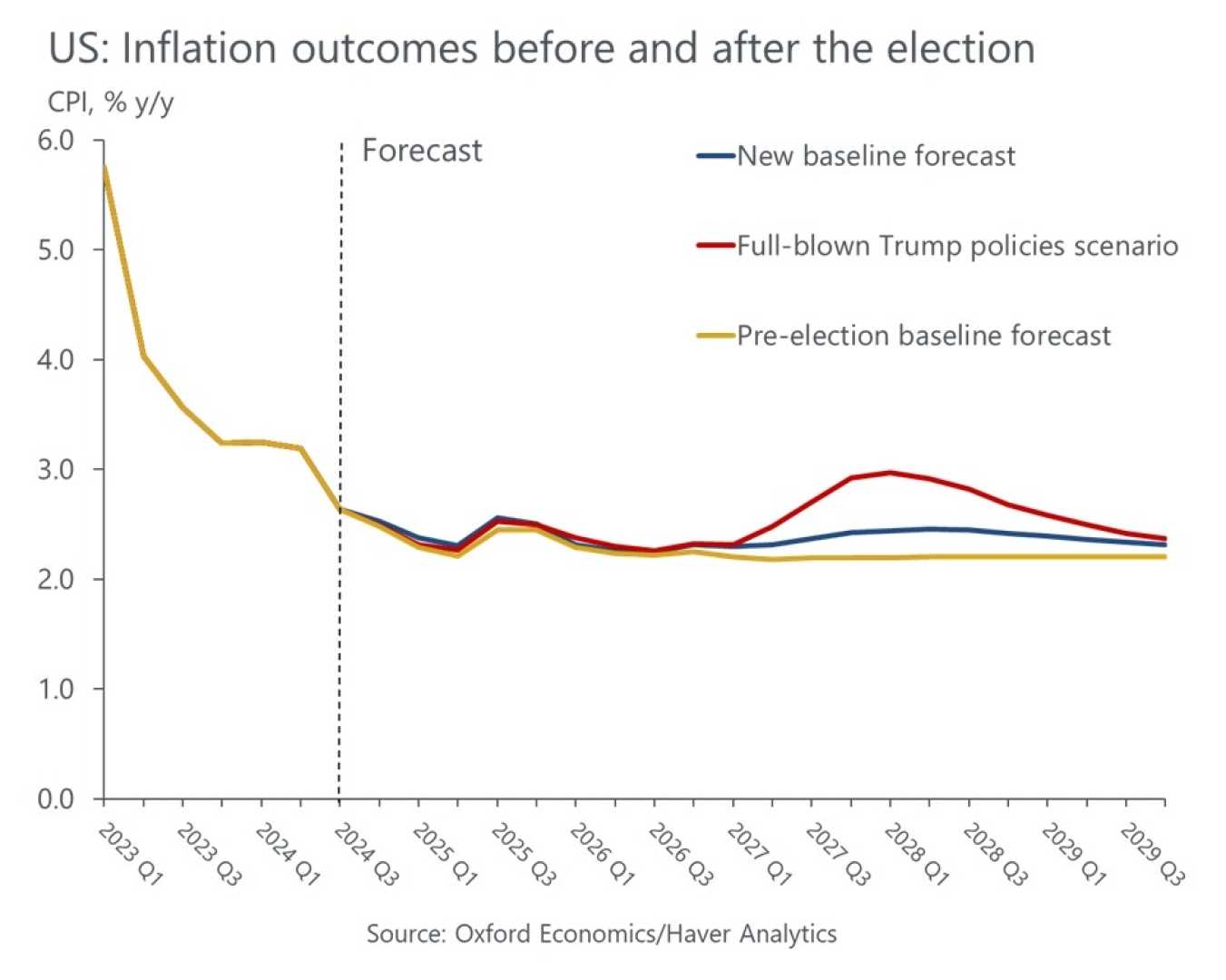Business
Trump’s New Tariffs Trigger Economic Uncertainty and Price Hikes

WASHINGTON, D.C. — President Donald Trump has announced extensive new tariffs affecting goods imported from numerous countries, claiming that these measures will revive U.S. manufacturing and bolster job growth. However, the tariffs, which became effective last week, have already sparked fears of increased consumer prices and potential economic repercussions globally.
The tariffs target imports from 60 nations, including a significant 104% levy on Chinese products. Economists warn that while Trump asserts these tariffs will protect American jobs, they may instead lead to increased costs for consumers and could destabilize the global economy.
Trump’s administration has indicated that the tariffs are designed to reduce the trade deficit and encourage consumers to shift toward American-made products. “We have been looted and pillaged by countries… This will restore our industry,” Trump declared during a recent press conference.
Tariffs function as taxes on imported goods, raising their prices for consumers. For example, a 25% tax on a $10 item means an additional cost of $2.50. In the case of the new 104% tariff on some Chinese goods, that same $10 product would now incur a $10.40 tax. Companies importing these goods are responsible for paying the tariff to U.S. Customs upon arrival, with the option to pass these costs onto consumers.
As a result, everyday products including electronics, clothing, and automotive parts are anticipated to see price increases. “There’s an immediate price increase that’s going to be passed on to consumers here, basically as soon as the retailers have to buy new product,” said Josh Stillwagon, a professor of economics at Babson College.
Moreover, a study from the National Consumers League estimates that lower-income households will be disproportionately affected by these tariffs, potentially facing annual losses of around $980 due to increased prices. “Low-income families spend a larger share of their income on essential goods… This makes even small price increases significant,” explained Gustavo Flores-Macías, a professor at Cornell University.
Despite political support within his party, some Republicans are beginning to express concerns over the economic fallout from these tariffs. Influential voices, including conservative commentator Ben Shapiro, are warning that the tariffs could lead to a recession, noting that “the messaging behind them was muddled.”
In retaliation, China has already pledged to impose an 84% tariff on U.S. goods starting April 10, with officials describing this as a reciprocal measure to the U.S. tariffs. The unpredictability of these tariff strategies has created significant volatility within the stock markets, prompting fears of a broader economic recession.
Several industries, such as the automotive sector, are bracing for significant challenges. Analysts from the Anderson Economic Group project that the cost to consumers could rise by as much as $10,000 for vehicles using imported parts affected by tariffs. Such increases could deter consumer spending and potentially weaken economic growth.
Economists believe that while tariffs are intended to protect U.S. jobs, they do not operate in a vacuum, with external pressures resulting in retaliatory tariffs from trading partners. “Historically, tariffs have often led to more problems than benefits,” noted Ken Rogoff, a former chief economist at the IMF.
As ongoing trade negotiations continue, economic experts are urging families to prepare for potential price volatility across various sectors. “Plan your budget wisely and explore substitute products before prices rise,” noted Dipanjan Chatterjee, a principal analyst at Forrester.
Ultimately, as Trump’s tariff policies unfold, consumers should remain alert to how the evolving trade landscape may impact their everyday expenses. With uncertainties ahead, the message from experts remains clear: the effects of these tariffs may be far-reaching and long-lasting.












